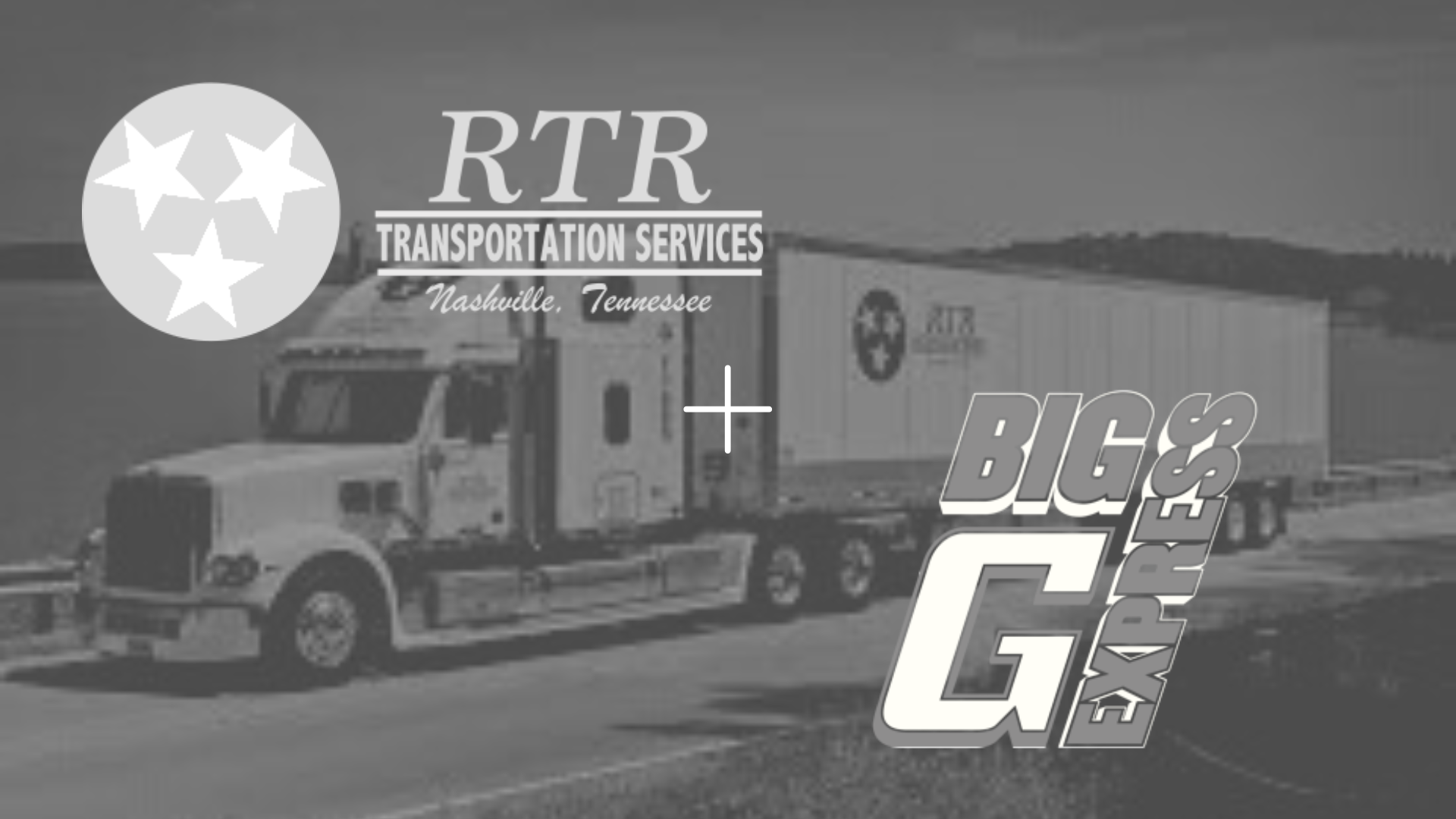3 Takeaways from TCA Webinar: Trucking M&A in Uncertain Times
Posted on April 03, 2020 by Spencer Tenney

Tenney Group had the opportunity to share some timely insights about what is happening in trucking M&A in this “new” environment. We were quick to acknowledge that every specialty within trucking is being affected by the coronavirus in different ways and that no one fully understands everything that is happening. In addition to sharing 2019/2020 M&A data, we used 14 active sell-side engagements and the related deal activity we have seen in the past two weeks to guide our conversation. For your information, Tenney Group’s clients typically have $20M – 300M in annual revenue and include dry van, refrigerated, liquid bulk, final mile, intermodal and other specialties within the trucking and logistics space. If you were not able to participate in the webinar, below are three takeaways you don’t want to miss.
- Current valuations on deals we are actively representing have held steady (for the moment). The immediate changes in deal making has been focused more around risk allocation/deal structure. Eric Heath, Vice President, shared how one of our deals had an offer that was 80% cash 20% earn out (asset light company). Once the full effects of the coronavirus took hold of our nation, the buyer adjusted the offer to 30% cash and 70% earn out. The buyer had no intention to discount or to be unfair to the seller. He changed the deal package because the risks associated with transferring ownership changed – dramatically. The updated offering was more consistent with the real risks surrounding the deal. What is more interesting is that the buyer removed the cap on the earnout. Thus, if the seller was able to exceed performance expectations, he would now be allowed to participate in that additional upside – which would increase his total purchase price. This adjustment to the deal structure attempts to align both parties’ interests. Note: Tenney Group also acknowledges that valuations will inevitably go down when more distressed companies enter the “for sale” market, which is a basic function of supply and demand.
- Valuation multiples trend upward and downward depending on what is happening in the industry, economy, world, etc. But, business owners often assume the swings in business value in a “good market” are much more dramatic than what the market actually tells us is true. To time a business sale correctly, you must consider more than just the condition of the market. Net. Net. Net. Business owners must be asking “when can I net” the best outcome as I attempt to time an exit from the trucking industry. What additional debt commitments will you be making in the next 1-3 years? Will a “good market” offset the additional debt, rising cost of doing business, likely dip in EBITDA/Sales ratio, etc.? Get the answers to these questions now, so you can make strategic decisions with confidence and with no regrets.
- If you want to protect strategic options in an uncertain M&A market (merge, acquire, sell, partner buyout, recapitalize, management buyout, ESOP, etc.) focus on these three things. A) Get your financial documentation and reporting running like a well-oiled machine. If you can’t produce reliable monthly financials two weeks after the month closes, you are going to miss opportunities and likely lose a deal once you reach due diligence. B) Reduce owner dependence. This is a key component of de-risking the business which makes its value increase dramatically. Educate key leaders about what drives business value and tie their key performance indicators (KPIs) to moving the needle. Then, most importantly, give them the authority and freedom to make extraordinary impacts. When you have a business that functions well without you, the options for how you lead the business into the future multiply exponentially. C) Be proactive when it comes to advancing your current position. Business owners often assume that an effort to sell a business puts a business owner on a path that is irreversible. That is not accurate. In fact, the best stewards of their businesses often openly acknowledge they don’t know what they want to do. They also recognize that they can’t entertain any real strategic options (to sell, to merge, to form a partnership, to acquire an investor) unless they proactively take their seat at the table. For example, two partners of a $20M brokerage firm recently engaged Tenney Group. Concerned about the high risks high return prospect of doubling down on their investment, they asked us to help them explore alternative options. In a matter of a few months, we had multiple offers for them to consider. Ultimately, they chose to pass on the offers. However, going through process allowed the partners to get their goals in alignment and to attack the future with peace of mind about their decision to commit more capital to the business.
We are in the middle of something we have never seen before. Trucking business owners should be seeking out conversations and relationships that can lead to business transformation, wealth preservation, and peace of mind as they consider what do to next.
Spencer Tenney is President & CEO of Tenney Group, a merger & acquisition advisory firm that has been dedicated the transportation and logistics industry since 1973. To contact Spencer, Email [email protected].


